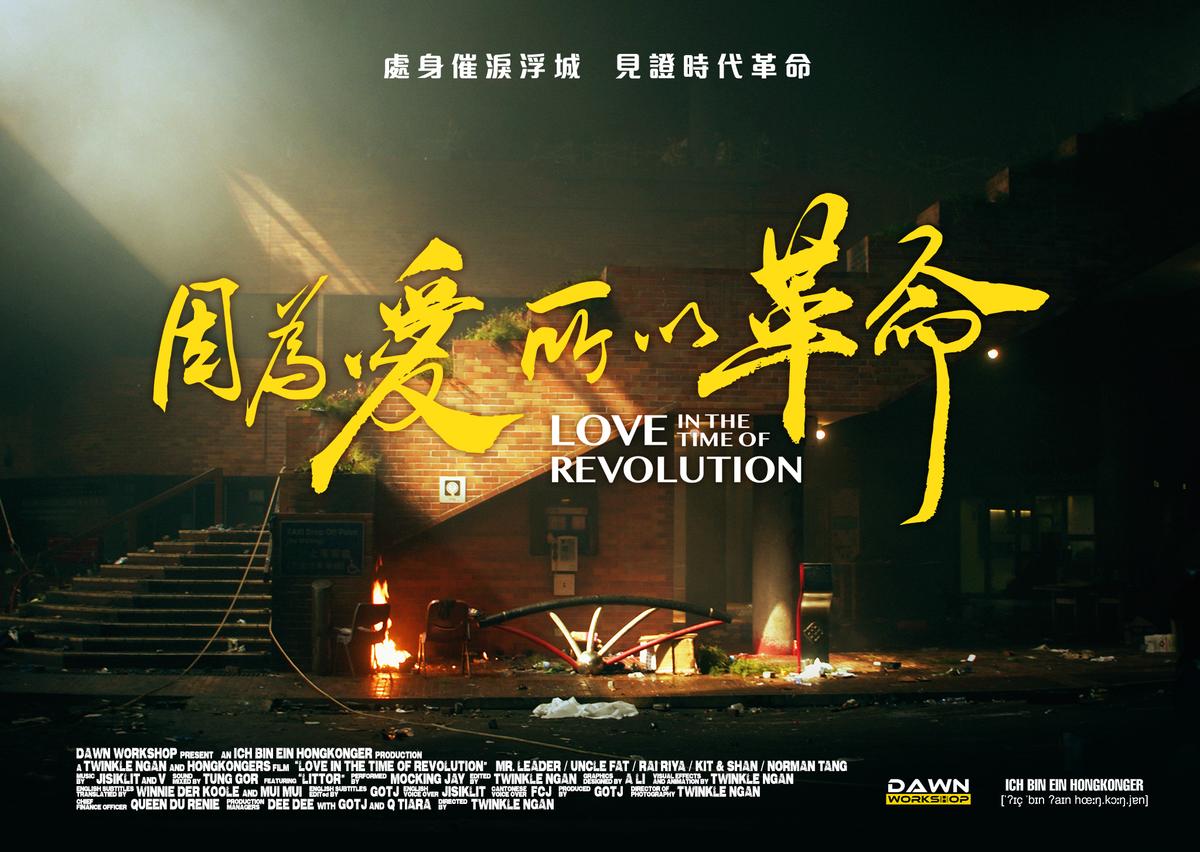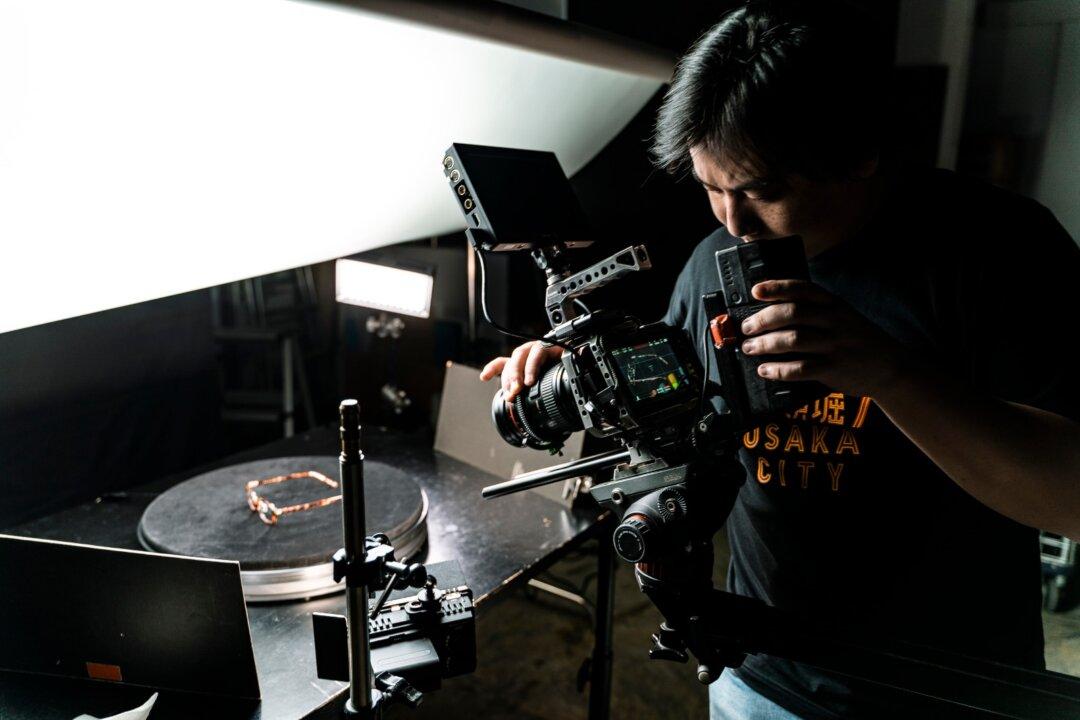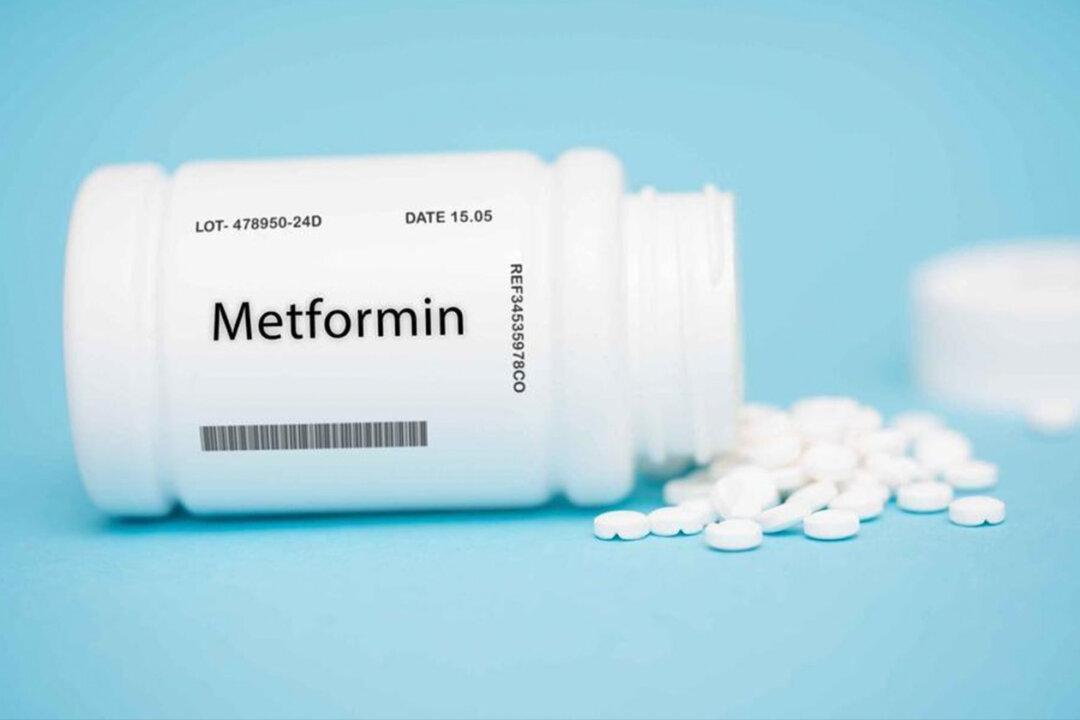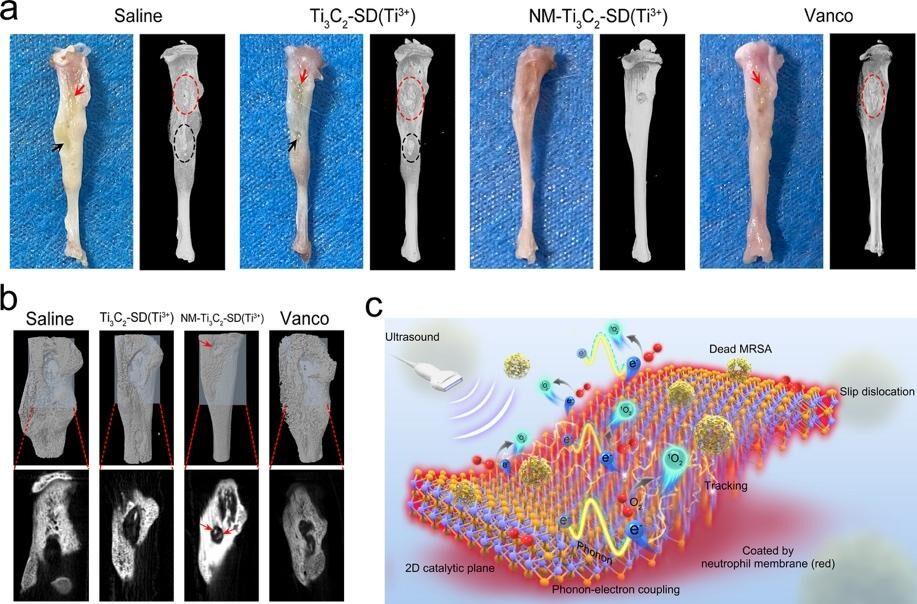With the theme of “Like Water We Meet Again, Don’t Lose and Don’t Forget,” the “Melbourne Hong Kong Film Festival” was opened on the third anniversary of “612.” On June 18, Ngan Chi-sing (顔志昇), director of “Love in the Time of Revolution,” talked on “Precious Dialogue (珍言真語),” that the film mainly records the stories and emotions of the “amateurs” in the anti-extradition movement, describing it as a love letter to the people of Hong Kong.

Poster of the film "Love in the Time of Revolution". Courtesy of Ngan Chi-sing




